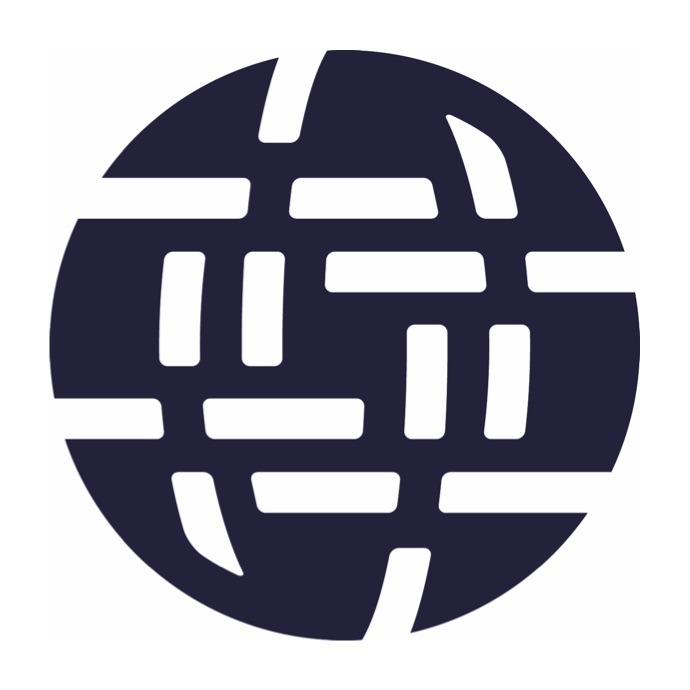In a Small Island Developing State (SIDS) such as the Republic of Trinidad & Tobago, the Management of Critical Internet Resources has proven and will continue to be a challenge.
While the global developed world community (especially the OECD countries) may be grappling with emerging issues in this area such as:
- Status of IPv6 availability around the world
- The internationalization of critical Internet resources management
- The importance of new TLDs and IDNs for development
- Enhanced cooperation
- Maintaining the open architecture of the Internet
- Maintaining Internet services in situations of disaster and crisis
… SIDS like Trinidad & Tobago still remain caught in a virtual time warp where (historical and) endemic issues such as:
- Relatively high cost of Telephony and related technologies
- Relatively low availability and high cost of adequate broadband access
- Economic and social barriers to Digital Inclusion
- Crime, Deviance, Marginalization and Social Exclusion
- Lack of information and adequate understanding of underlying technical issues surrounding the Internet
- Ambivalence to the existing .tt ccTLD as well as to the emergence of new gTLDs and the opportunities and/or challenges that lie within
… continue to mitigate against the development of a cohesive Internet Governance (IG) Agenda and Action Plan especially as they relate to the foundational infrastructural issues of the management of critical internet resources.
It is therefore extremely difficult for the public, private and non-governmental sectors in Trinidad & Tobago to give any significant mindshare to the somewhat “esoteric” or “exotic” area of IG as they grapple with “bread-and-butter” day to day social and economic issues. This relatively straightforward contradiction has real and complex implications for IG and the management of critical internet resources.
The result of the contradiction stated above is that very few sufficiently qualified and influential individuals (if any) get involved in the IG processes within country with the further result that the positions adopted within country on IG, at regional and international for a as well as operationally with respect to specific issues relating to Critical Internet Resources, for example are relatively weak, generic and easily countered/shot down/subsumed by countries with larger delegations, louder voices and considerably more resources – human, technological and financial at their disposal. It must be noted that this challenge is particularly felt by Trinidad & Tobago within the Latin American and Caribbean community into which is has been geographically grouped, although the country, culturally and historically shares a much greater affinity with the North American continent.
Further, and with specific reference to the management and administration of the .tt ccTLD, the aforementioned contradiction effectively resulted in a directionless approach with an abysmal national takeup of the .tt domain extension brand and an organization operating in a complete policy vacuum.
It must be noted that, due to the then-existing, and to some extent, still current IG arrangements, management and administration of ccTLDs, especially in developing countries, (and even more especially in SIDS) were essentially allocated on the “first-mover” principle, i.e. the first qualified organization who had the foresight to express an interest in ccTLD management and administration to the IG “regulator” was able to obtain a lien on what has now been recognized to be a very important national asset in the growing and evolving internet space.
Indeed, rapid growth in use of the Internet has led to increasing importance being placed on country code Top Level Domains (ccTLDs) and as such the governments of many developing countries have come to realize that the development of a national domain name system (DNS) in the public interest, can provide an incentive to citizens and the local business community to consider registration in the national Top Level Domain.
The unofficial data shows that there may be almost five (5) times as many Trinidad & Tobago-centric gTLDs (i.e. .com, .net, .org, info etc.) when compared with .tt ccTLDs and sub .tt ccTLDs and indeed many of the active sub ccTLDs are gov.tt which are, in fact, controlled by the Government.
Anecdotal evidence appears to point to the problem surrounding the existing unattractive retail pricing model coupled with a low level of technologically proficient customer service which clearly indicates a lack of vision or direction for the .tt ccTLD. As a matter of fact, it is safe to say that the .tt ccTLD operation is currently in a “holding pattern” in “wait and see” mode.
To this end, the question of how to manage a critical internet resource such as the .tt ccTLD (among others) in the face of the existing IG arrangements AS WELL AS the environmental constraints already mentioned is an enormous challenge within Trinidad & Tobago, which increased exposure to and participation in regional and international IG for a is only now beginning to show its effects.
